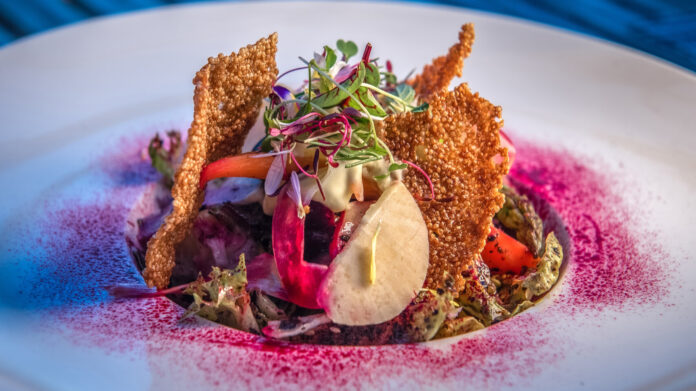For over two decades, Thailand has captivated travelers with its azure blue waters surrounding southern islands and its rich cultural tapestry in the north, earning it the moniker “land of smiles.” With its tropical beauty, diverse culinary experiences, and deeply rooted Southeast Asian cuisine culture, Thailand has become a convenient and desirable destination for multi-generational families looking to travel with ease.
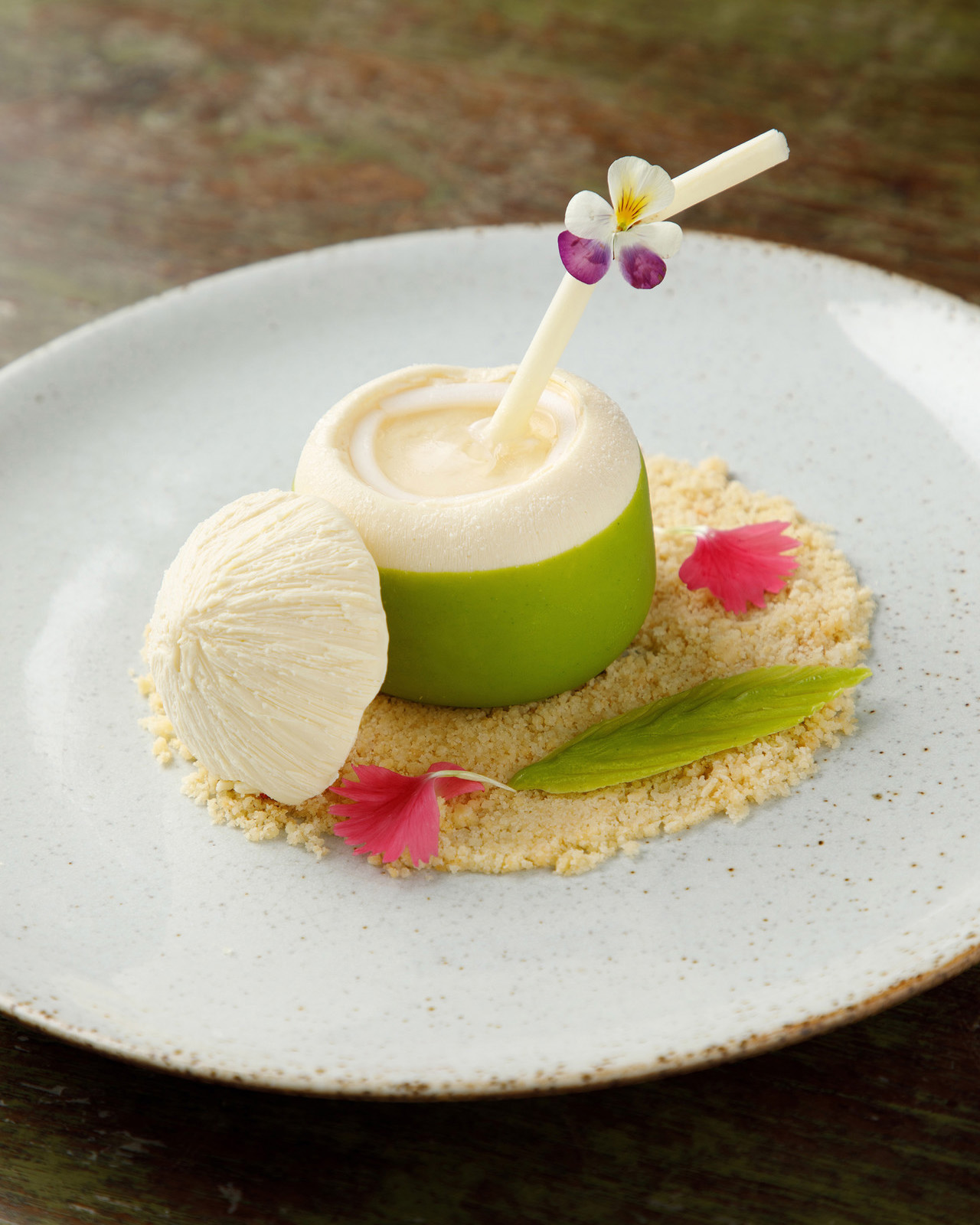
Being a tropical country, Thailand benefits from an abundance of fresh greens and vegetables, ensuring that familiar ingredients are readily available. Similar to the Asian and Middle Eastern recipes that feature a variety of garden herbs and fresh aromatics, Thai cuisine heavily relies on these same Asian herbs and spices to create its unique flavor profile. Both Four Seasons Resort Chiang Mai and Koh Samui cater to the evolving needs of health-conscious travelers by offering a comprehensive Live Well menu, prominently featuring vegan and vegetarian options.
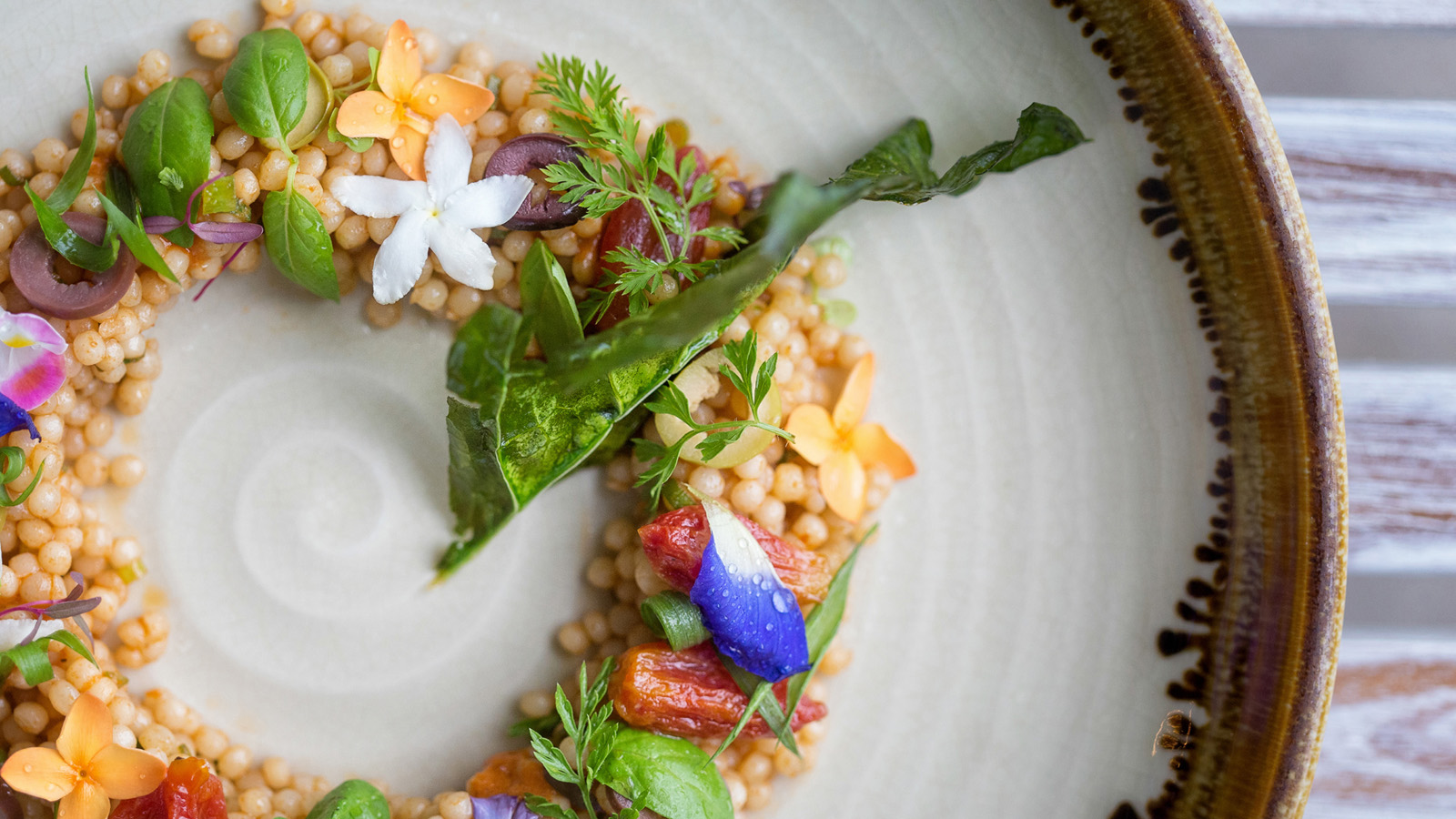
At the heart of these offerings, the resorts combine fresh seasonal ingredients with classic Thai recipes, showcasing their commitment to wellness. “Given the growing demand for health-conscious travel experiences, Thai cuisine’s use of low oil and fats, along with an abundance of fresh herbs and fruits, becomes even more appealing,” shares Naruchit Taingtrong, Sous Chef and Thai cuisine specialist at Four Seasons Resort Chiang Mai.
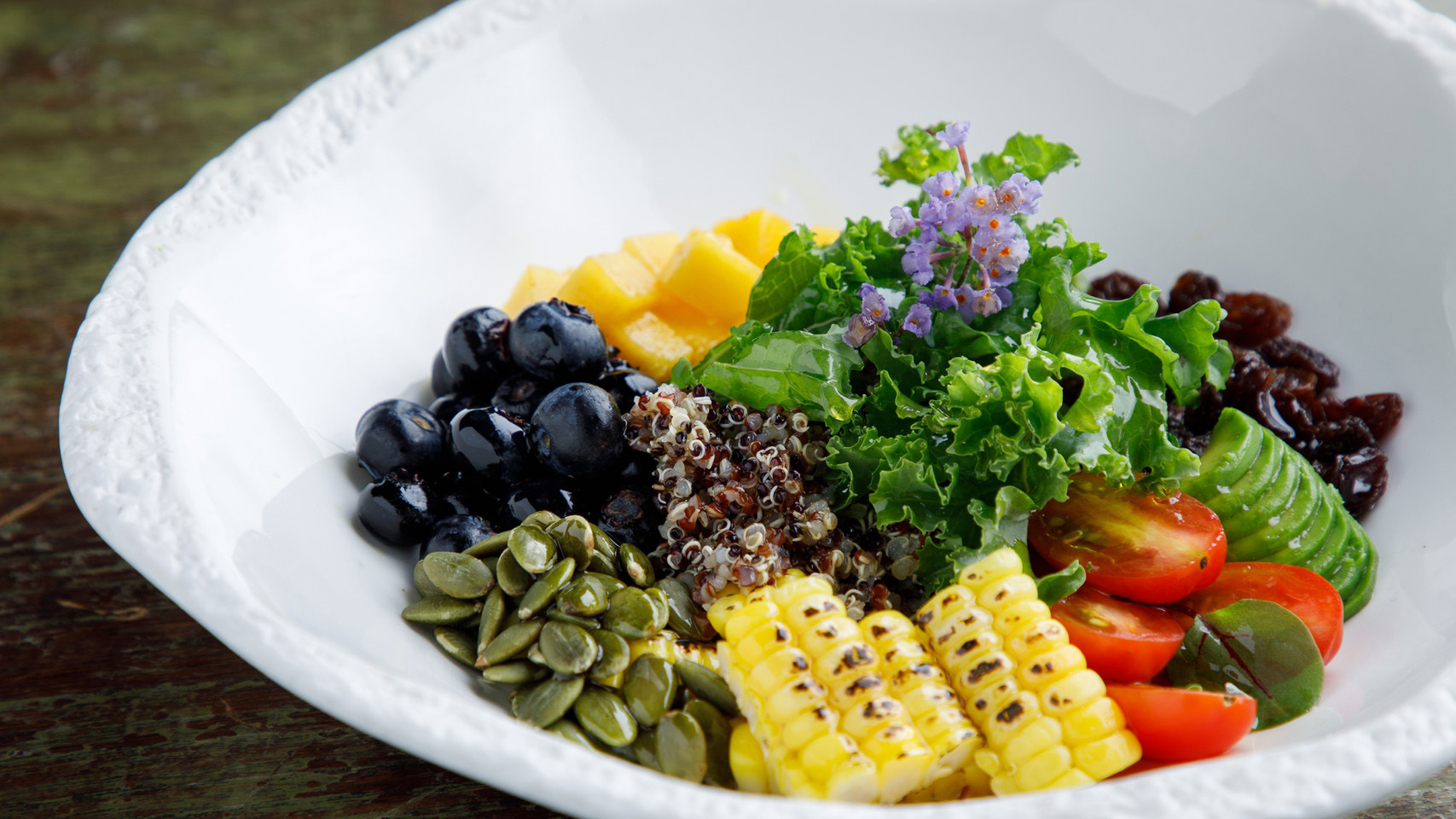
The vibrant flavors of Thai cooking, infused with exotic aromatics such as lemongrass, Thai basil, and galangal, hold great appeal for international palates. “Thai food’s unique combination of sweetness, sourness, spiciness, and savory notes makes it incredibly attractive,” he adds. Sumalee Khunpet, Chef de Cuisine at Four Seasons Resort Koh Samui, specializes in southern Thai cuisine and explains, “While many Thai dishes traditionally incorporate non-vegetarian and seafood elements, there are easy alternatives to maintain the authenticity of the recipes.” Assi, the resort’s spokesperson, further emphasizes that Executive Sous Chef Shanmuga Raja Ravi customizes menus to cater to diverse nationalities and their preferences, in addition to Thai menus curated by Khunpet.
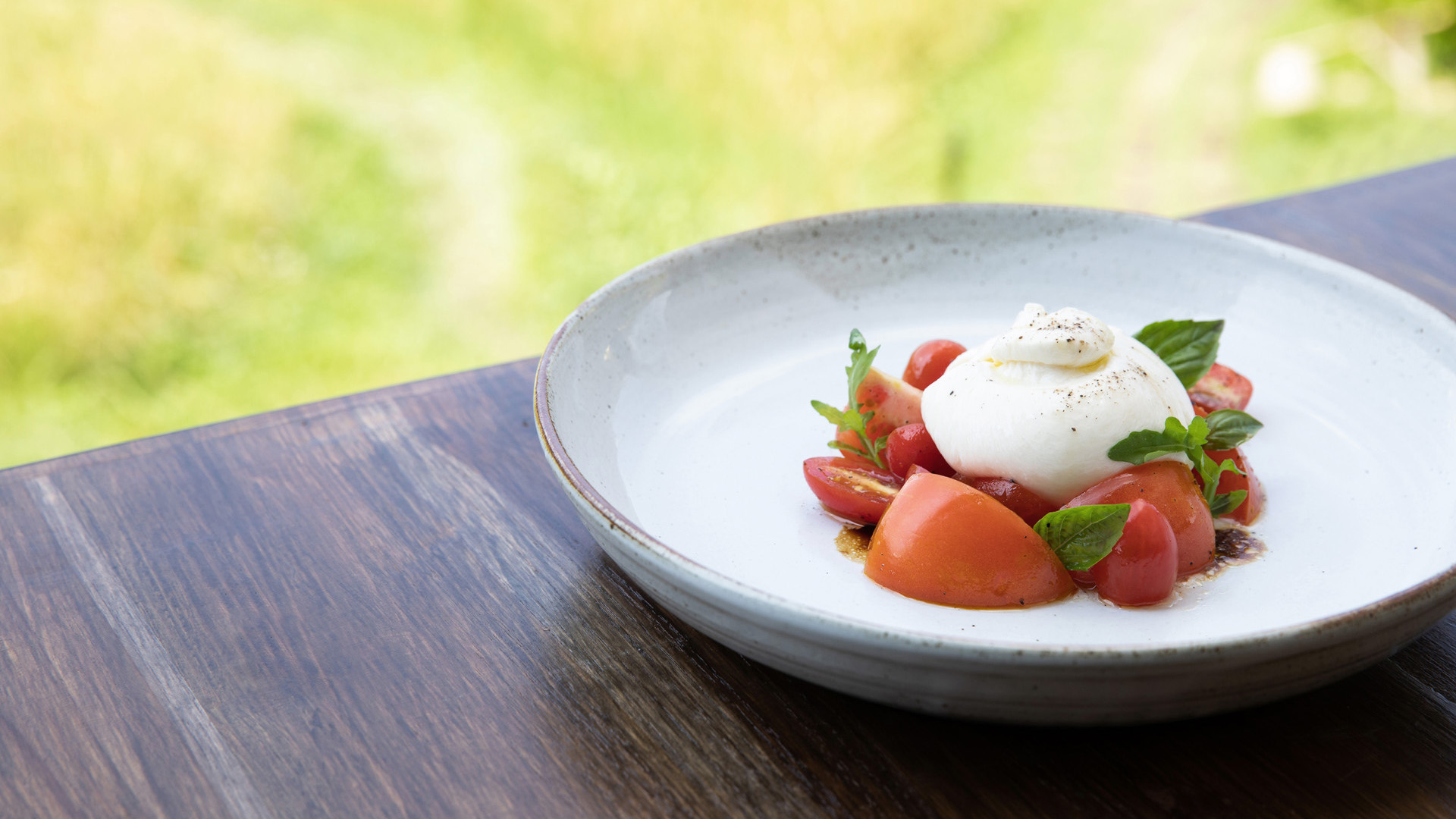
With its tropical abundance and culinary expertise, Thailand offers a rich and satisfying experience for travelers seeking both wellness and delectable cuisine.
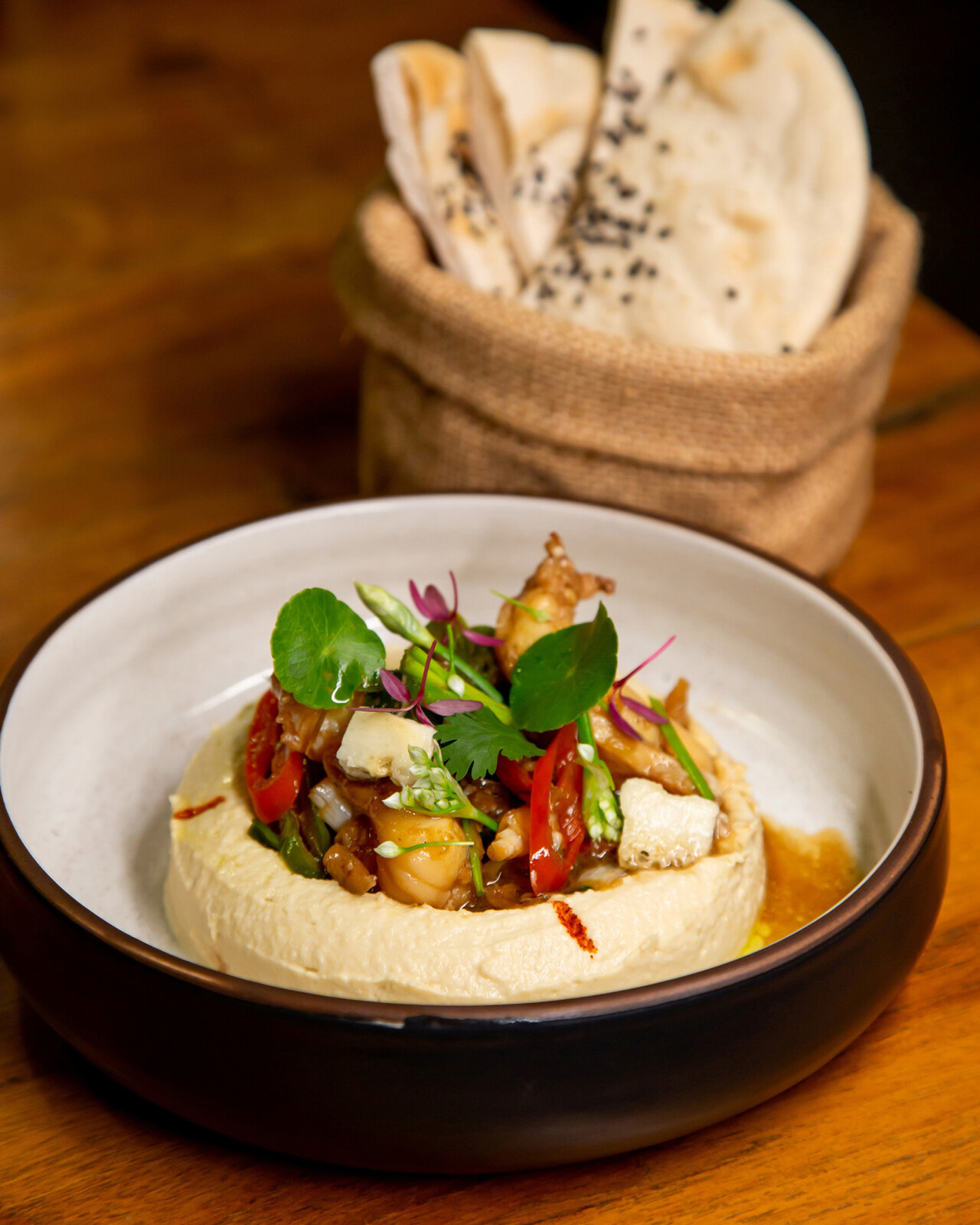
“Curries hold a special place in Thai cuisine, and tofu (bean curd), mushroom, cauliflower, yam, and broccoli take center stage in these traditional dishes, accompanied by eggplant, beans, pumpkin, and shallots,” Khunpet shares. Thai salads like Som Tam (green papaya salad) and Yam Woon Sen (glass noodle salad) showcase a delightful medley of fresh vegetables, herbs, lime juice, chili, and peanuts, making them perfect choices for vegetarian diners. “When dining in any restaurant, be sure to ask for the ‘jay’ menu, which signifies vegetarian options,” Taingtrong suggests with a smile. Popular dishes like Por Pia Thod Jay (crispy spring rolls) and Yum Som O Jay (spicy pomelo salad) are Chiang Mai favorites, while Koh Samui excels in southern-style curries. Ravi comments, “Similar to the Indian festival of Navarathri or Lent, Thailand observes a week-long abstinence during the Vegetarian Festival every October.” This tradition fuels innovative culinary creations that showcase a wide range of fruits and vegetables.
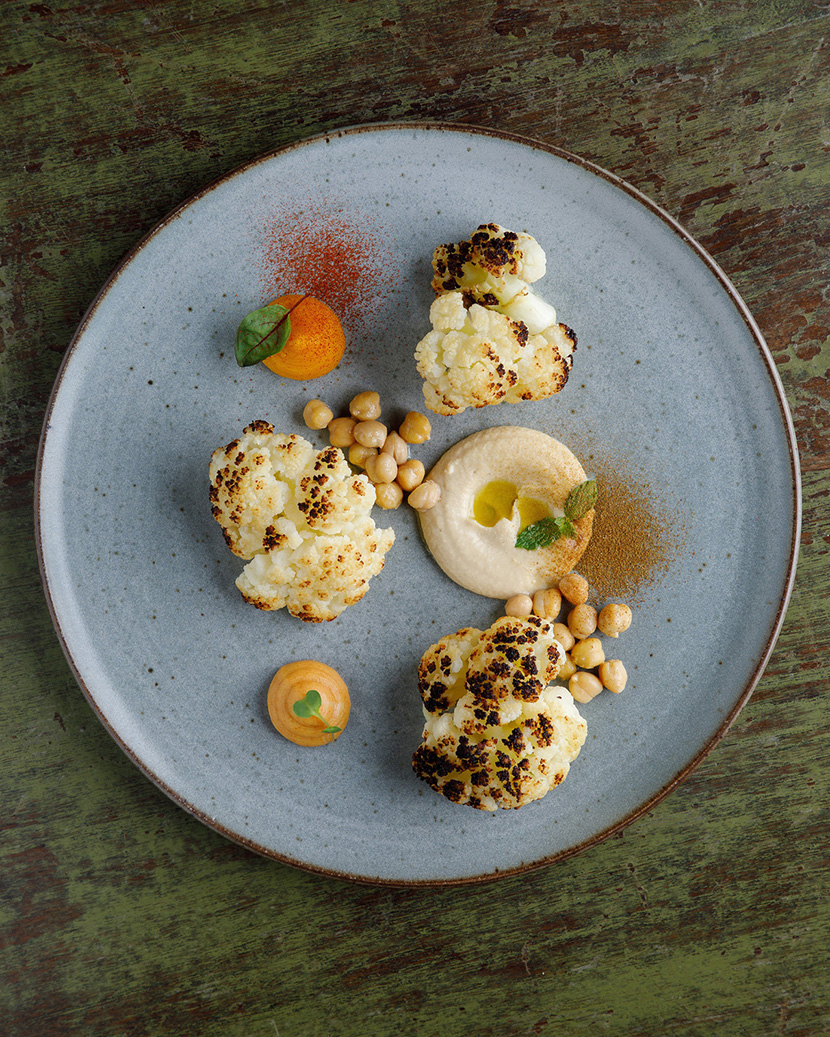
By incorporating local ingredients into their vegetarian cuisine, the resorts not only highlight the authentic flavors of the region but also support local agriculture, ensuring a sustainable dining experience for their guests. Staying attuned to the vegan culture allows the resorts to better understand the preferences and needs of this community of travelers. It also provides an opportunity for chefs to unleash their creativity in the kitchen and develop new, mouthwatering dishes that will keep vegan guests coming back for more.
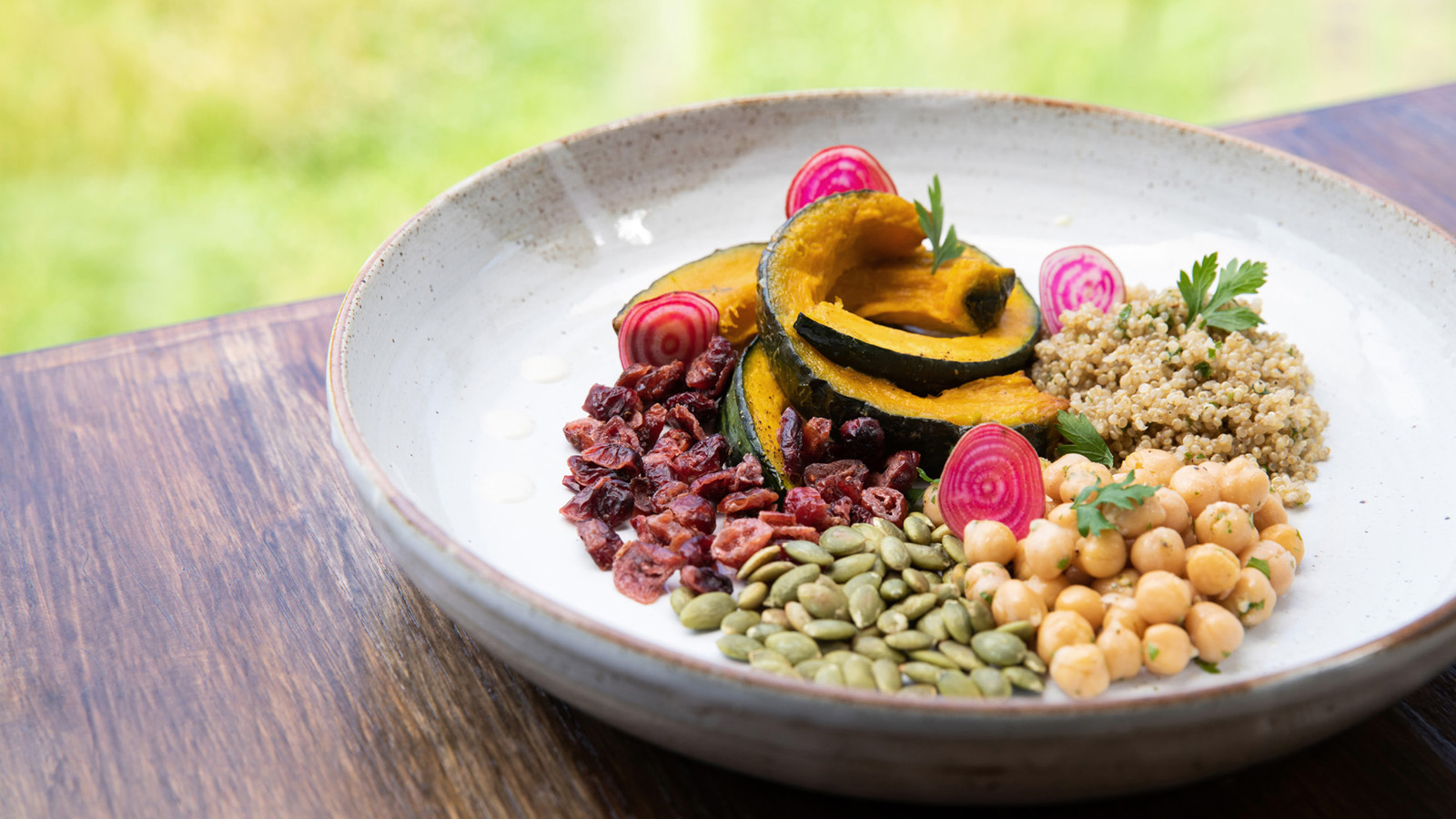
“Vegetarian cooking demands a comprehensive understanding of various plant-based ingredients, mastery of flavor combinations, and the ability to create well-balanced and satisfying meals without relying on meat as the central component,” explains Ravi. “This opens up immense possibilities for culinary exploration, creativity, and a celebration of the diverse flavors and textures found in vegetarian cuisine.”
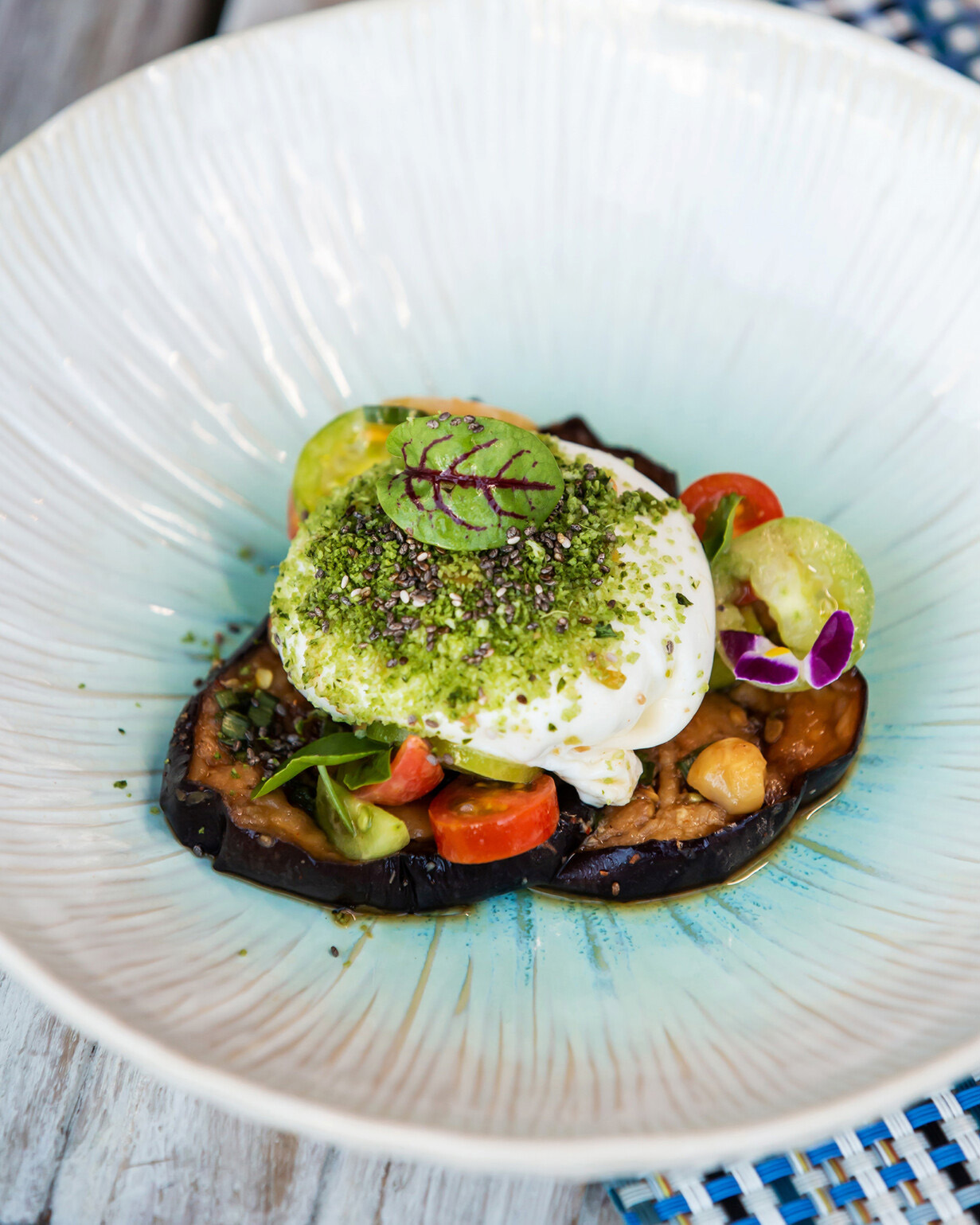
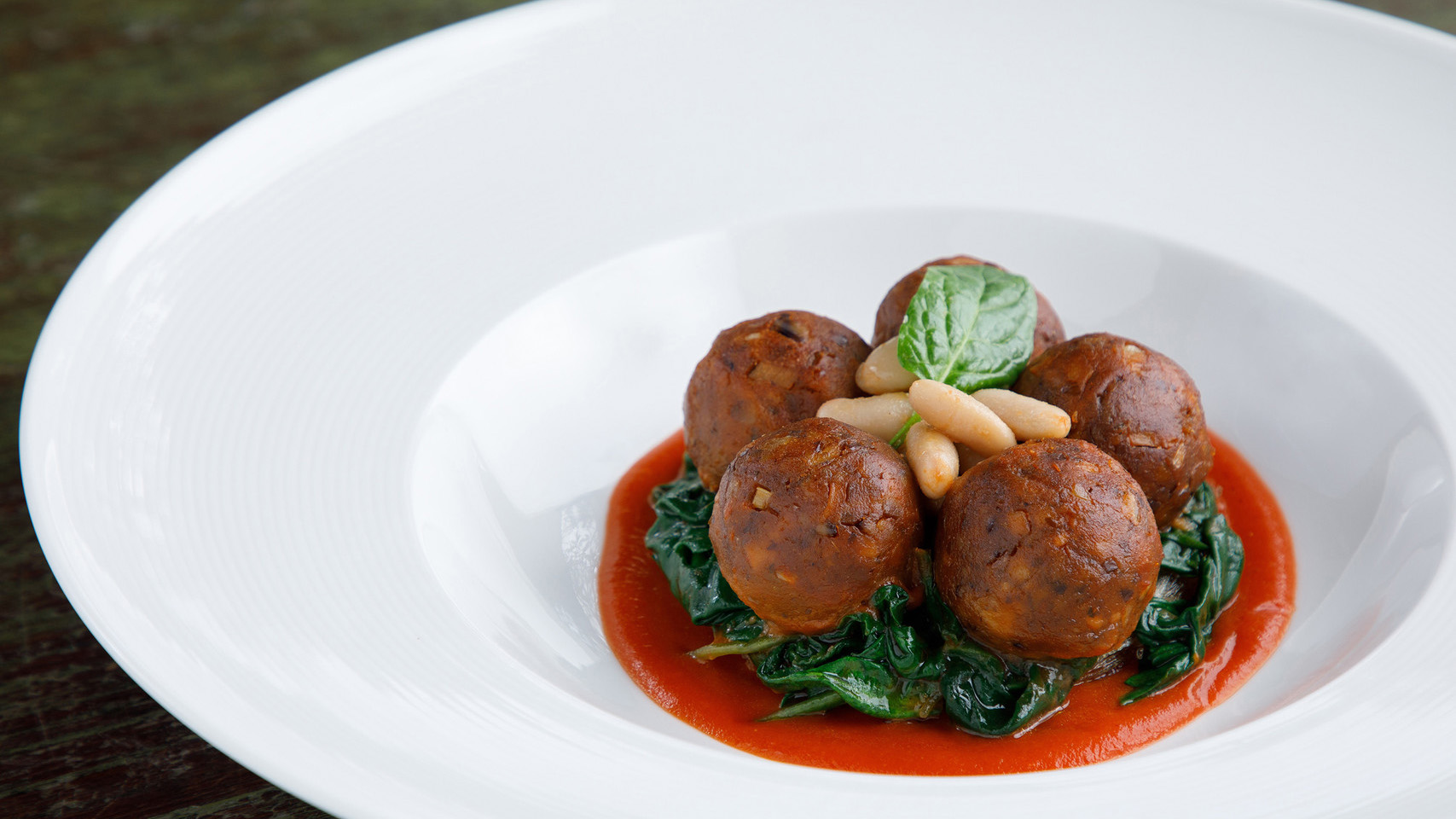
Discover more from SNAP TASTE
Subscribe to get the latest posts sent to your email.



